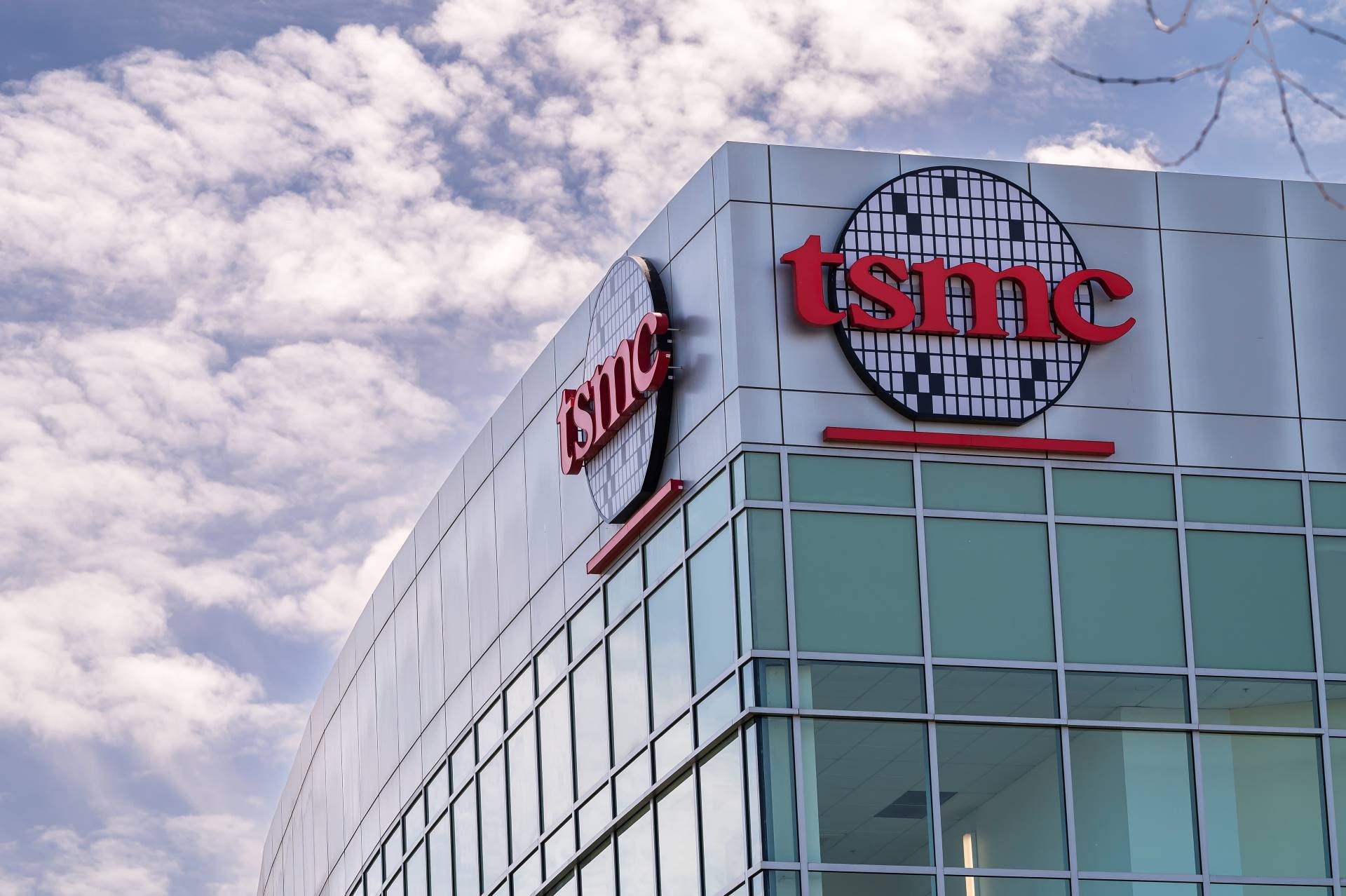The rise of Taiwan Semiconductor Manufacturing Company (TSMC) has been a game-changer in the global tech world, but it has also brought about some unintended consequences, especially in the housing market of Taiwan. TSMC’s success has made it an indispensable player in both Taiwan’s economy and its geostrategic importance. 
As a result, cities like Hsinchu, Taichung, Tainan, and Kaohsiung, where the company operates, have seen their housing prices soar.
According to a social media post shared on DCard, TSMC’s presence in these areas is driving up property values, with locals increasingly finding it impossible to purchase homes. The user admits that TSMC has made Taiwan’s semiconductor industry globally recognized, but also argues that the company’s success has distorted the real estate market. In places where TSMC has manufacturing plants or expansion projects, housing prices rise dramatically-not just in the neighborhoods immediately surrounding the plants but throughout the entire city. This trend is pushing many locals, especially those who are not part of high-paying professions like engineers or doctors, into rental markets, leading to housing insecurity and rising rent prices.
Furthermore, the issue isn’t just limited to the cities where TSMC operates. The housing crisis is affecting the entire nation, with a sharp divide between those who can afford high real estate prices and those struggling to save enough for a downpayment. The shift in the housing market has created an almost pyramid-like structure, where the wealthy continue to accumulate assets while the lower-income groups are left with little opportunity for homeownership. The user compares this situation to the past, where securing a stable job and taking out a long-term loan was usually enough to afford a home in Taiwan.
While many commenters agree with the original post’s claims, some blame the government for not addressing speculation in the real estate market, which has been exacerbated by TSMC’s rise. Others argue that Taiwan’s small size and high population density are key contributors to the issue. Some even suggest that real estate investors are contributing to the problem by hoarding properties and keeping them vacant to maintain asset value.
Though TSMC may be an undeniable force in Taiwan’s economy, its impact on the housing market continues to stir debate, with some pointing out that the issue is not unique to Taiwan, but rather part of a broader global trend. While the situation is complex, many agree that finding a balance between economic growth and affordable housing remains a crucial challenge for the future.